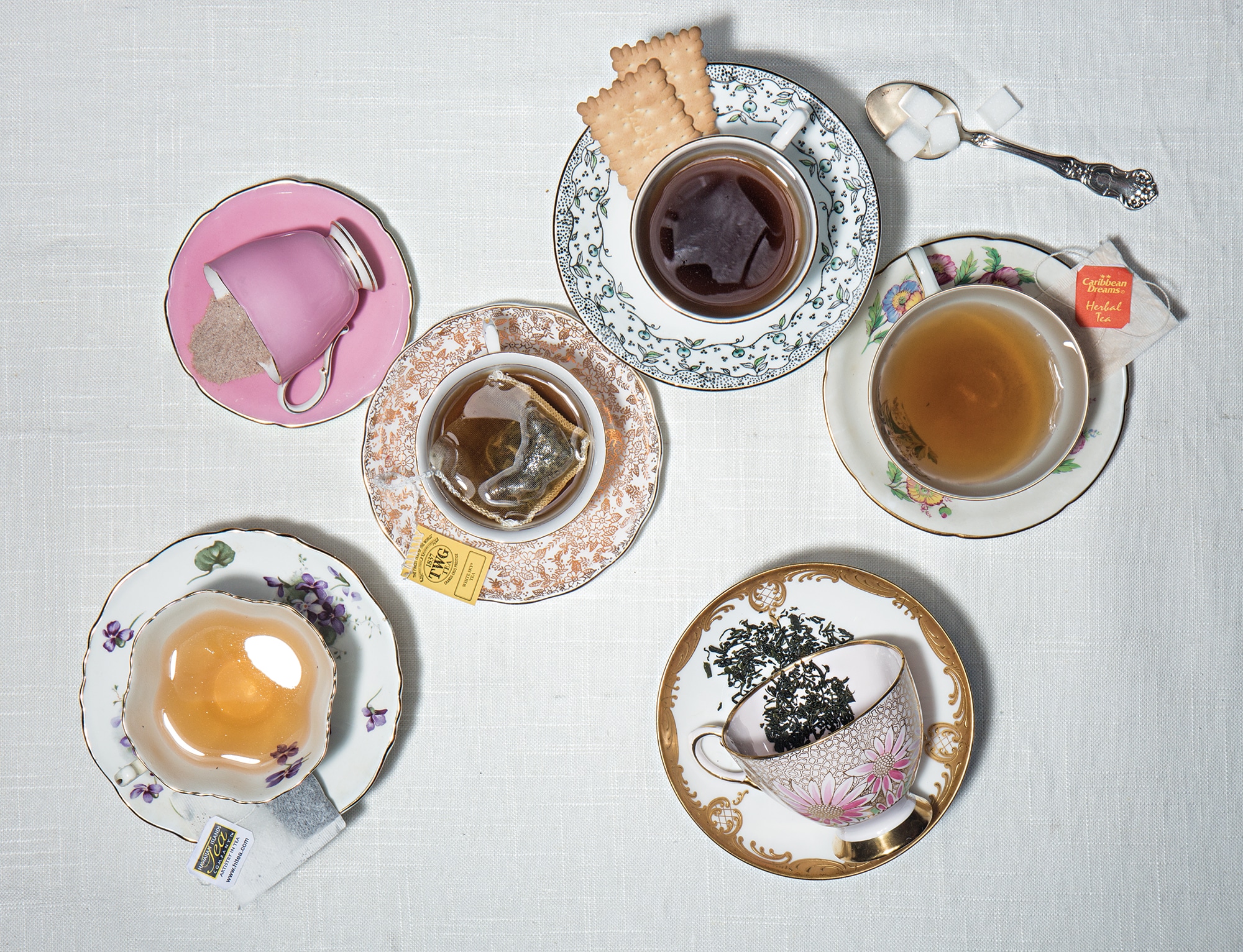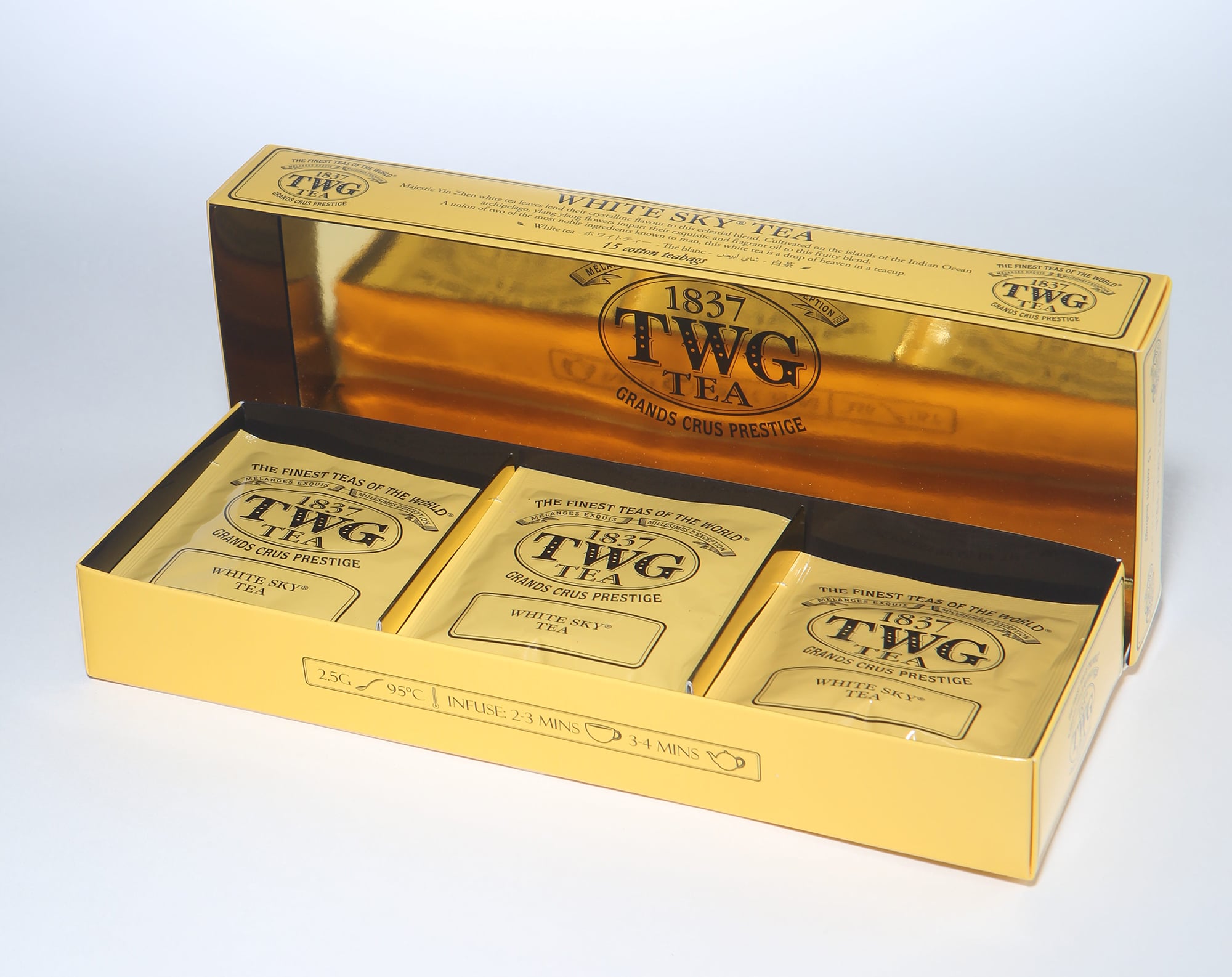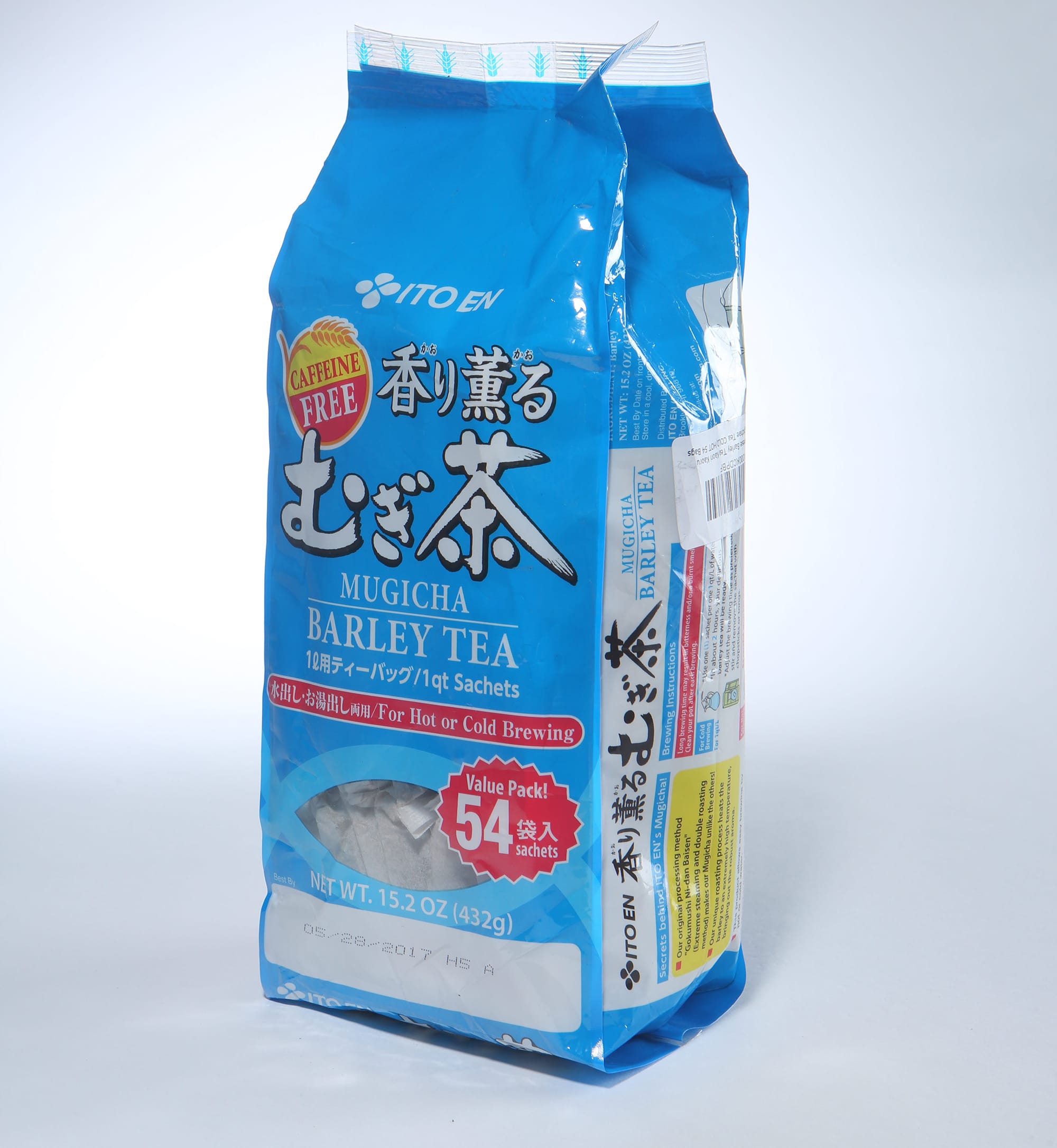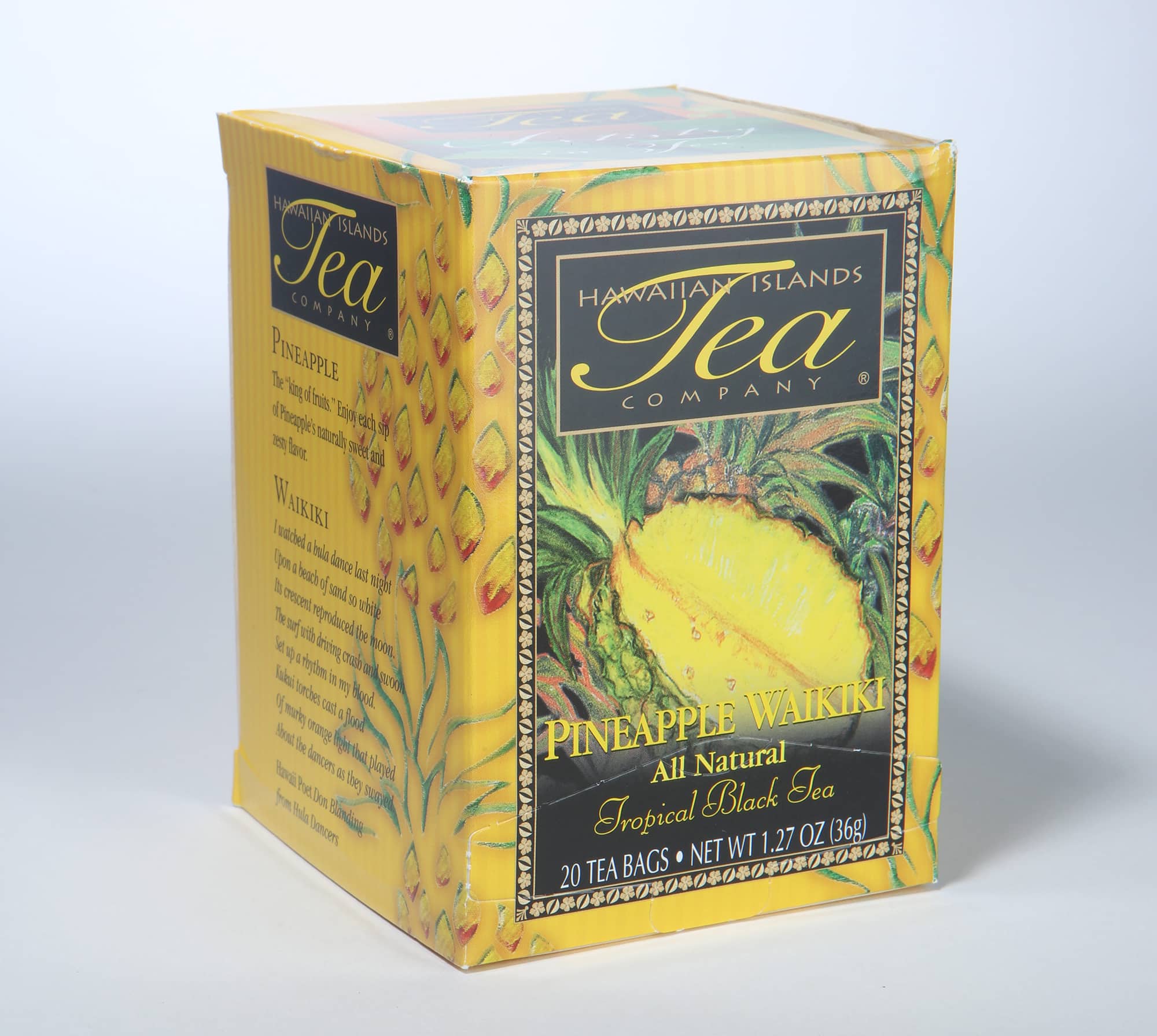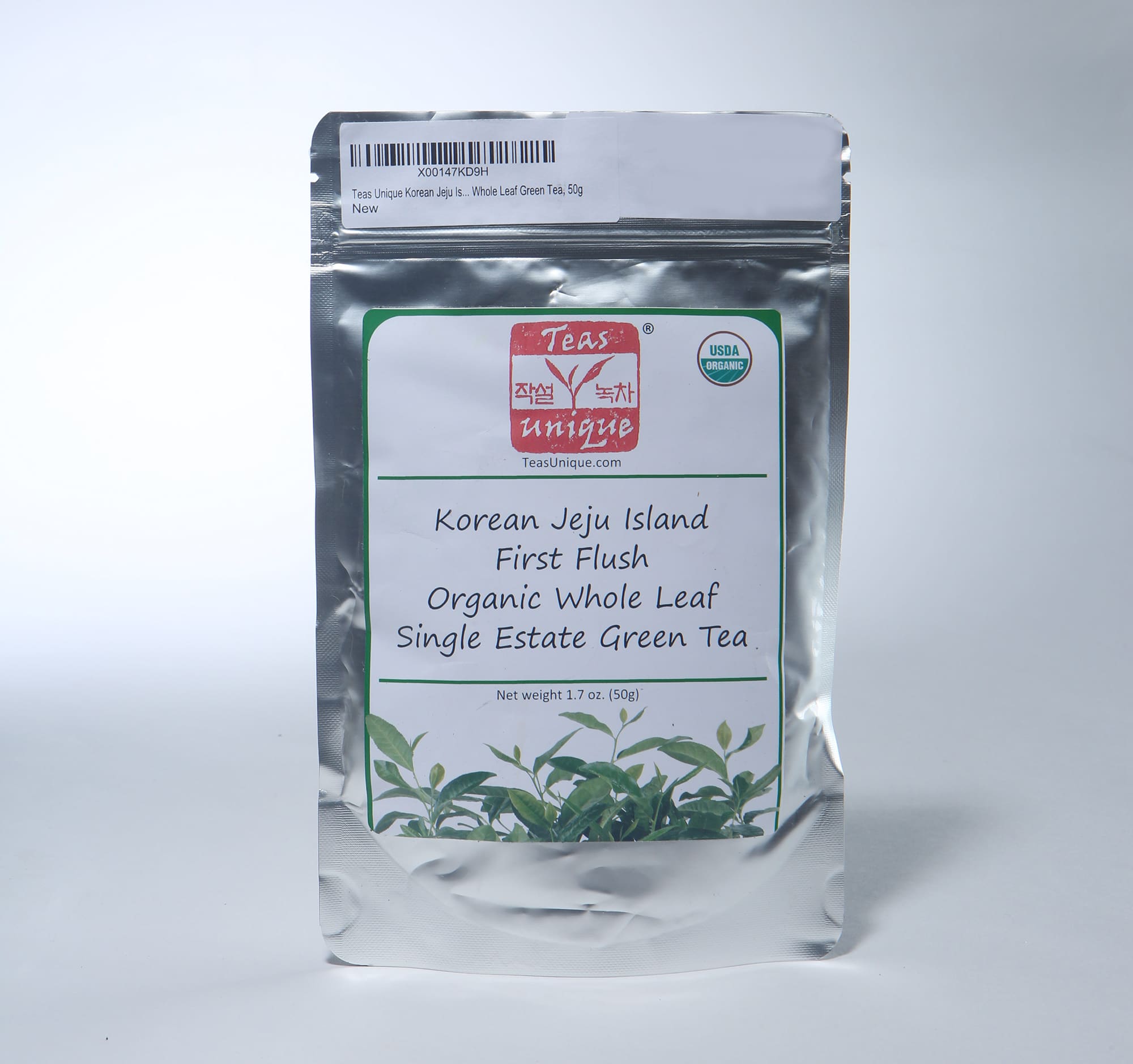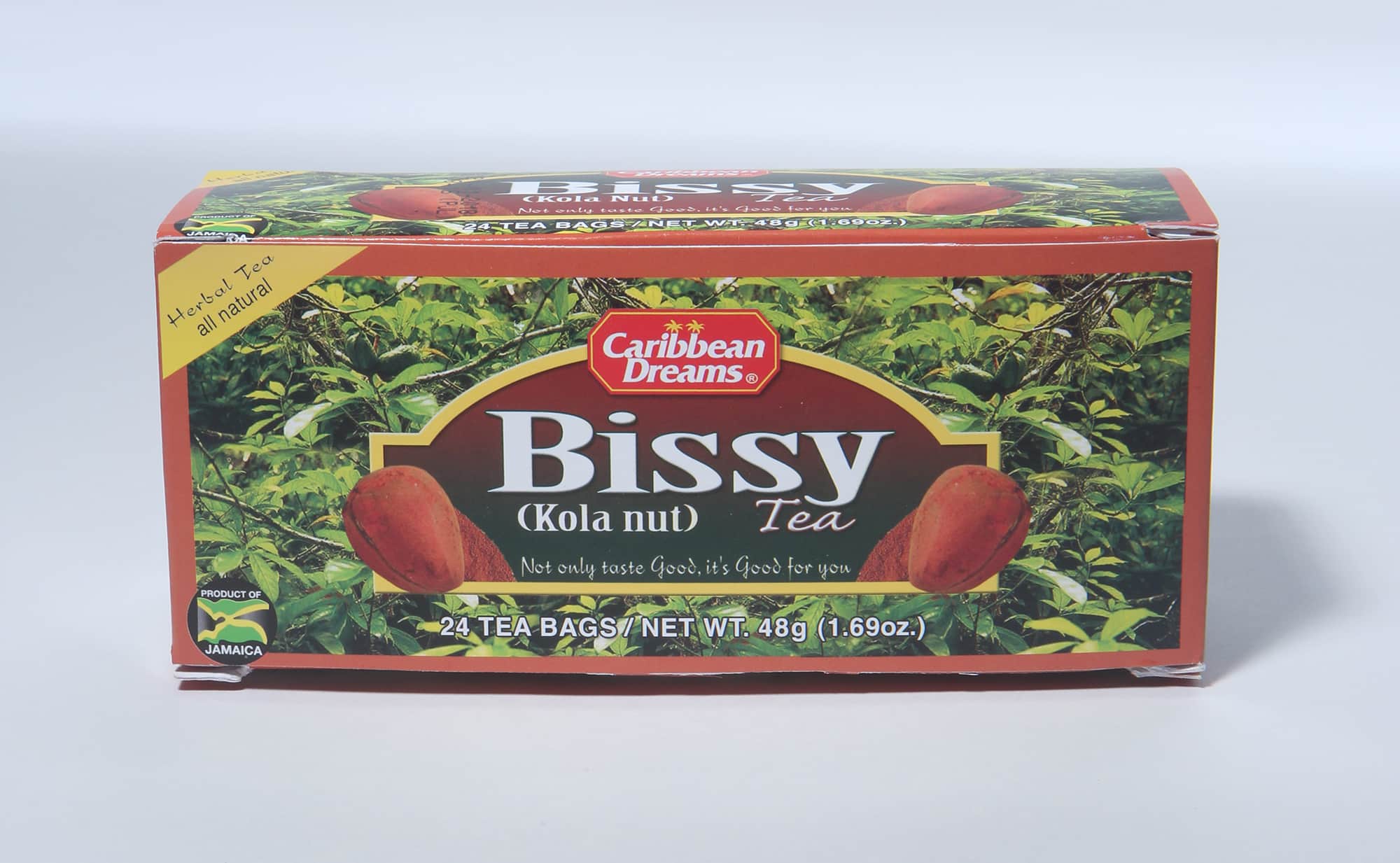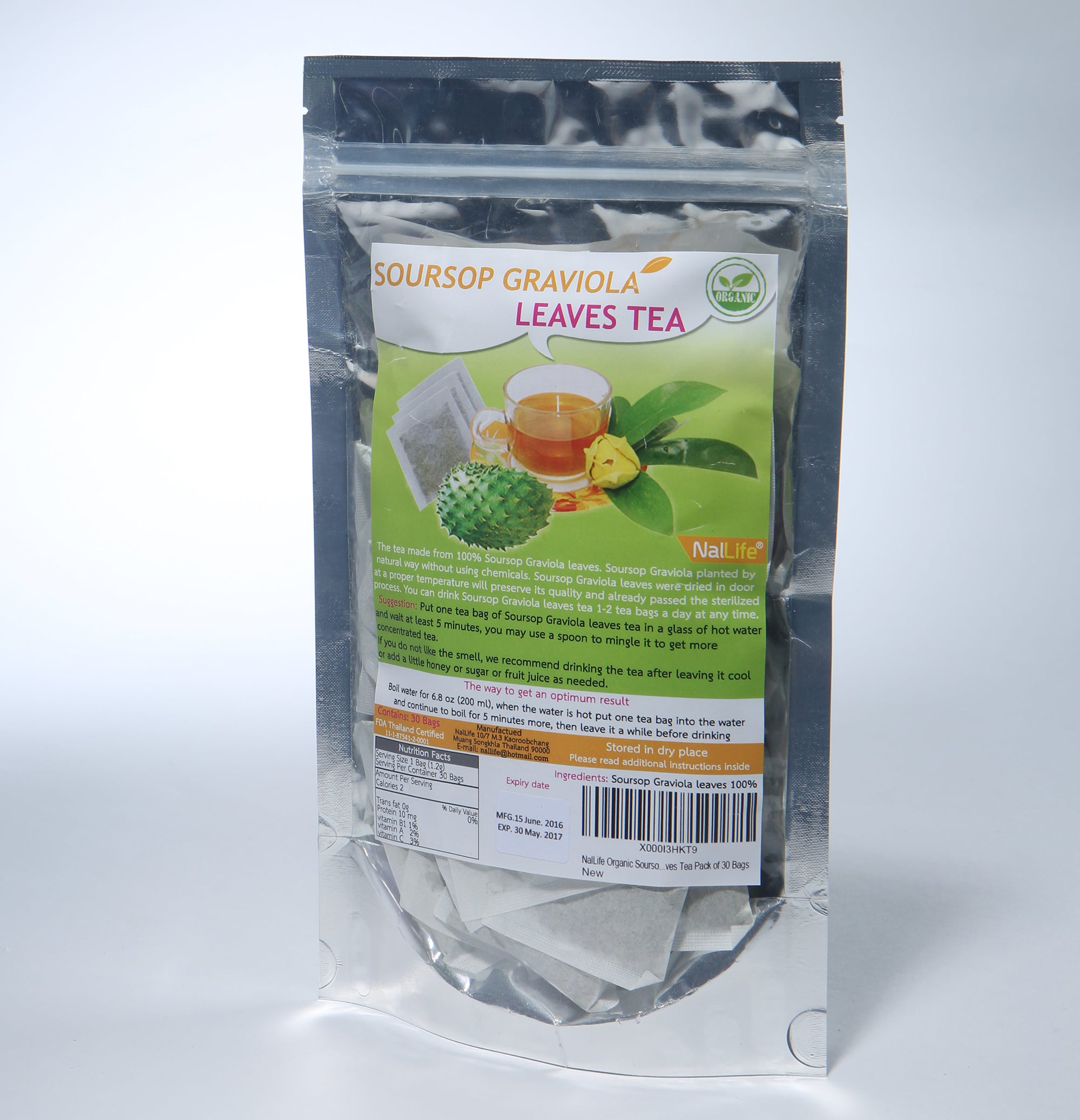Best Teas From Around The World
Refined yet relaxing, hot or cold — tea is a great way to drink up the culture of a faraway island. Steep one of these best teas in the world to bring the taste home.
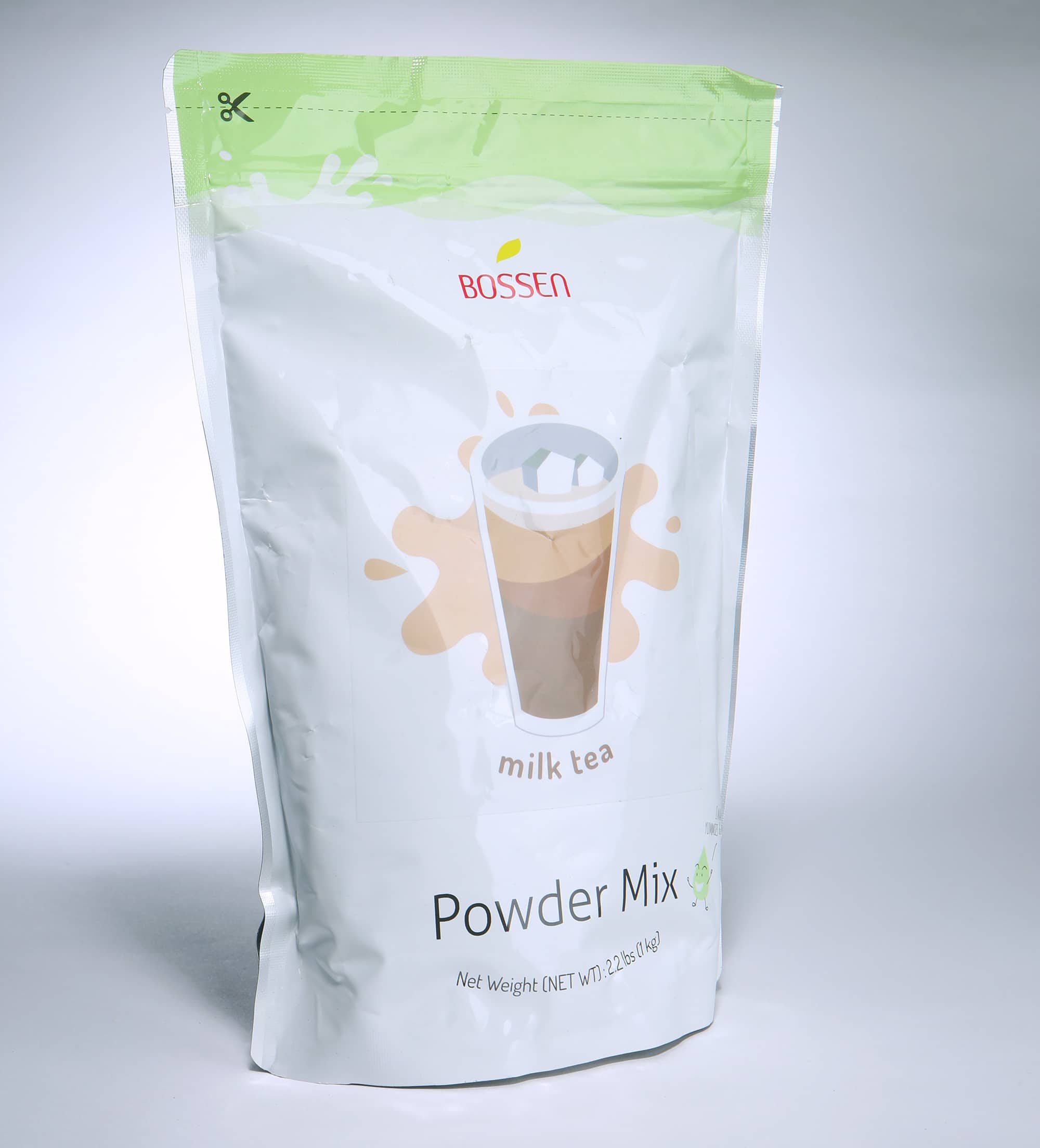
Pearl Milk Tea - Taiwan
Tea fans credit Chun Shui Tang teahouse, in Taichung, as the source of modern bubble tea — which makes Lin Hsiu Hui, the shop's product development manager, the godmother. Rumor has it that back in 1988, Hsiu Hui was bored in a meeting when she poured sweetened tapioca-pudding balls into her creamy iced milk tea, and the rest is history. Today, what distinguishes Chun Shui Tang bubble teas apart from competitors is that the drinks are shaken, not blended. James Bond would be proud. Make your own version with Bossen milk tea powder and boba pearls.
1837 White Tea - Singapore
Pungent notes of berries and vanilla shine through in this white tea, a signature offering from local tea company, TWG. The year in the name is a nod to when Singapore became a trading post for teas. (Yes, this particular blend has been around that long.)
Mugicha - Japan
Most teas promote health benefits, but the benefits of this tea, made from roasted barley, helps to cleanse the body and promote stronger teeth. In Japan, the dark-brown, caffeine-free beverage is usually served cold, and often with sugar. (In other Asian countries, it's served hot.) Without sweetener, the tea tastes like hay or flat and hoppy beer. Straight up, it's most definitely an acquired taste.
Pineapple Tea - Hawaii
Don't let the name or aroma fool you — though this black tea smells like ripe pineapple, the citrus is used only as flavoring. Instead, the tea is made from camellia sinensis leaves that are high in caffeine and antioxidants. Hawaiian Islands Tea Company makes more than a dozen other flavors, too, including mango, lychee, hibiscus and guava.
Nokcha - Korea
Nokcha means "green tea" in Korean, and that's precisely what it is. Moderately caffeinated leaves hail from the Jirisan mountain range on the southern coast. To make the tea, the leaves are steamed, then pan-fried to complete the drying process. The result is a savory, almost salty flavor that pairs well with honey.
Bissy Tea - Jamaica
Made from cola nuts, this brown, caffeinated tea has a variety of medicinal properties. Locals have used it for decades to cure food poisoning and recent studies have suggested it could be an anti-cancer agent. If the name of the nut is familiar, it should be — bissy was once used to flavor Coca-Cola.
Soursop Graviola - Thailand
The spiky fruit behind this tea has many names: soursop, guanabana, graviola and more. Whatever you call it, the resulting tea is tangy and naturally sweet, a mix of strawberry and pineapple flavors with a touch of coconut or banana. In Thailand the tea is served hot, and is administered as a remedy for insomnia and other ailments.
